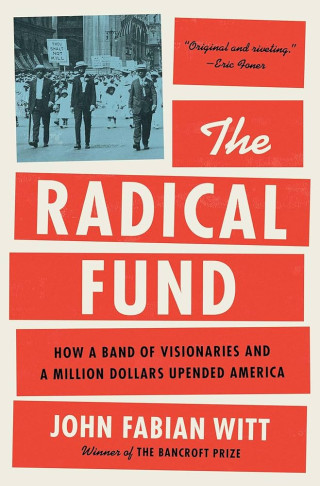In the wake of Charlie Kirk’s assassination earlier this fall, the Vice President of the United States laid political violence at the doorstep of what White House insiders call “the left-wing nonprofit sector.” Tax consequences and criminal investigations seem to be in the offing, and though the connections are tenuous at best, the problem of violence and the nonprofit sector have been improbably thrust together in the disordered autumnal politics of 2025.
The present pretextual political maneuvering, however, obscures a forgotten historical connection between political violence and nonprofit status under the modern income tax. The story, it turns out, goes back a century, to the origins of the income tax code and to the first self-consciously radical tax-exempt philanthropic foundation of the modern era. The American Fund for Public Service (or the Garland Fund, as it was sometimes known) is the subject of a book I’ve just published. It’s a big book, with lots of threads, ranging from free speech to industrial unions to civil rights. But one electric theme is about tax and the use of political violence to make change in the modern world.
Founded in 1922 by Harvard dropout Charles Garland, the Garland Fund anticipated the controversies of our time. The fund, which itself was targeted by state and federal officials for its radical associations, used an initial endowment of $1 million to advance the interests of the American working class and racial minorities. Roger Baldwin, who had just founded the ACLU, ran the new foundation alongside a board of directors made up of leaders from organizations that would soon become central to twentieth-century American liberalism. The head of the NAACP, James Weldon Johnson, served on the board. Leaders of the future Congress of Industrial Organizations held multiple seats, while editors at The New Republic and The Nation, along with a handful of socialists and communists, took most of the rest.
The fund’s central projects were economic prosperity for American workers, racial equality for Black Americans, and freedom of speech on picket lines and in classrooms. The directors financed the Scopes trial, the defense of Ossian Sweet, and the NAACP’s first legal defense fund. It supported the earliest unions of the Congress of Industrial Organizations. And it helped launch the lawsuits that later became Brown v. Board of Education, along with a suite of lesser known cases against all-white labor unions.
